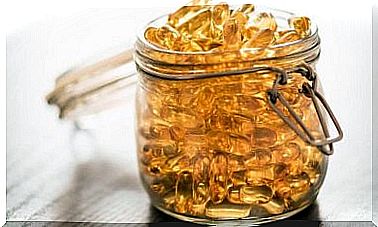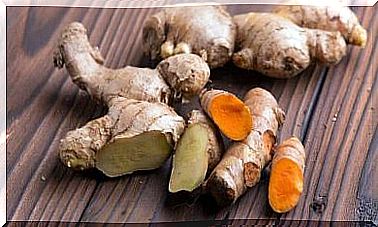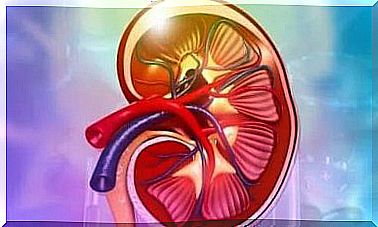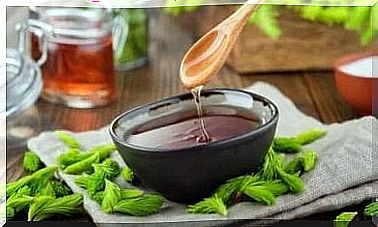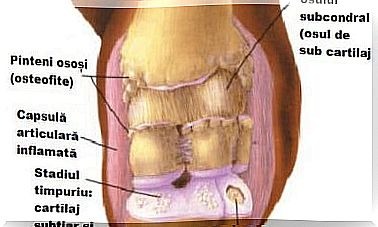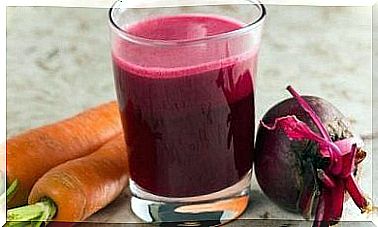Benefits Of Black Cohosh And Side Effects
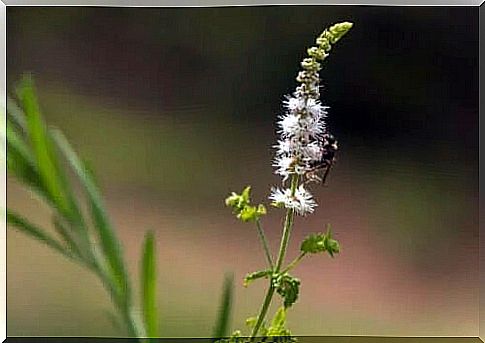
Black currant or Actaea racemosa is a large-leaved plant with tall clusters of white flowers, native to North America. Both its flowers and its roots have been used by Native Americans in the treatment of gynecological, kidney and even mental problems. Discover the benefits of black cohosh and the possible side effects!
Today, Actaea racemosa (also called cimicifuga) serves as an active ingredient in supplements related to women’s health, especially those that relieve menopausal symptoms, increase fertility and support hormonal balance.
Find out everything you need to know about this plant!
Uses and benefits of black cohosh
Most people use black cohosh to combat the symptoms of menopause (fatigue, hot flashes, sweating, insomnia, mood swings, among others).
A study of 80 menopausal women with hot flashes showed that those who consumed 20 milligrams a day for 8 weeks had a decrease in the number and severity of hot flashes.
Although several studies support these effects, we need more research to establish that it is a useful treatment for menopausal symptoms.

While it is true that many sellers of this supplement claim that it can improve fertility, there is little scientific evidence.
According to research published in Reproductive BioMedicine Online and Gynecological Endocrinology, black cohosh increases the effectiveness of clomiphene. This drug is useful in treating infertility in women with ovulation problems, thus increasing the chances of getting pregnant.
Studies have also shown an improvement in pregnancy and ovulation rates in women with infertility who have taken black cohosh and clomiphene supplements. However, more research is needed on these effects.
Because black cohosh behaves like the hormone estrogen, experts believe it may worsen or lower the risk of breast cancer.
A study published in Integrative Cancer Therapies found that it does not increase the likelihood of breast cancer. On the contrary, it has been associated with a lower risk.
According to in vitro studies, black coconut extract can act as an antiestrogenic agent and can slow the spread of cancer cells. However, more research is needed.
Side effects of black cohosh
Now that we have determined the benefits of black cohosh, we will review the side effects.
Although black cohosh has side effects, they are mostly mild. They include stomach pain, rash, muscle aches, breast enlargement and spots or bleeding outside of menstruation, among others.
Severe cases include severe liver damage. This is why people with liver disease or those undergoing treatment should avoid this ingredient. Similarly, an animal study linked high doses of black cohosh to red blood cell damage, leading to anemia. However, more research is needed to analyze this effect in humans.
Studies on black cohosh are rare, so there may be other side effects that we do not know.

Dosage and presentation of black cohosh
Black cohosh is available in various forms: capsules, liquid extract or tea. Depending on the dosage, they may vary. However, the general dose is between 20 and 120 milligrams of extract or powder per day.
Experts believe that in order to treat menopausal symptoms, women should take at least 20 milligrams a day. However, some experts say that the supplement should not be administered for more than 6 months, given its potential to cause liver damage.
Supplements often combine black currant with other components: for example, red clover, soy isoflavones, honey, St. John’s wort, dong quai and vitamin C. Combining black currant with each of these could help increase its role in relieving menopausal symptoms. However, we need more studies to support such hypotheses.
The benefits of black cohosh: an ally in menopausal symptoms
Black cohosh is a medicinal plant native to North America. Native Americans used it to treat diseases that affected women, as well as other ailments such as sore throats, kidney problems and even depression.
Today, its uses have not changed much. It is mainly used to relieve menopausal symptoms, increase fertility and treat various gynecological problems, such as fibroids, polycystic ovary syndrome and premenstrual syndrome.
Although most of its side effects are mild, don’t forget that it can aggravate liver damage. It can also affect red blood cells, causing anemia.
